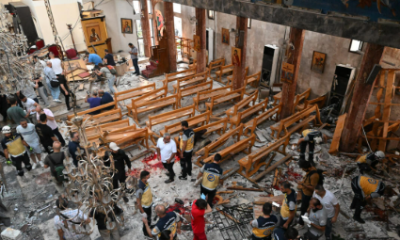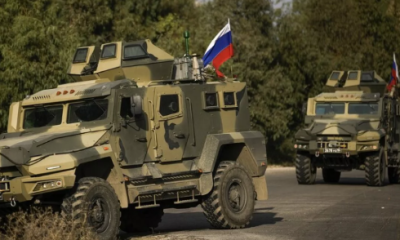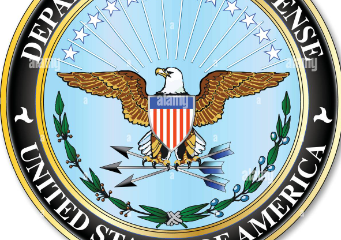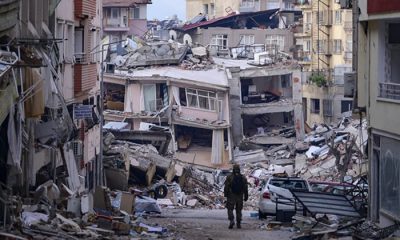The Government of the United States of America on Tuesday May 1, 2018, commenced combatant war with allied forces to eradicate the ISIS rebel forces in Syria. This is coming few weeks after the US led the United Kingdom and France to attack Iran, bombing targeted locations of chemical weapons sites. While celebrating assumed success in destroying Iran nuclear weapon plant, later information revealed that the Iranian Government moved their nuclear arsenal to another secret locations quickly before the US and allies struck, causing relative frustration for the US and its allies in the operation
The American Government in a statement on Tuesday declared that “the United States, the Global Coalition, and local partners, including the Syrian Democratic Forces, are launching operations to liberate the final ISIS strongholds in Syria.”
The U.S. State Department in the statement declared: “The fighting will be difficult, but we and our partners will prevail. We will defend United States, Coalition, and partner forces if attacked. The days of ISIS controlling territory and terrorizing the people of Syria are coming to an end.
“We will work with our NATO ally Turkey and our partners Israel, Jordan, Iraq, and Lebanon to secure their borders from ISIS. We will seek further fair share contributions in forces, materiel, and resources from regional partners and allies to stabilize liberated territories. As the President said in remarks with President Emmanuel Macron of France, we will ensure that there is a strong and lasting footprint in Syria such that ISIS cannot return and populations liberated from ISIS are not exploited by the Assad regime or its Iranian supporters.”
The U.S. State Department maintained: “We will reinvigorate the Geneva process under United Nations Security Council Resolution 2254, and mobilize international resources to address Syria’s urgent humanitarian and stabilization needs. The United States is committed to ensuring a future political settlement that honors the will of all Syrians, including Sunni Arabs, Kurds, Christians, Turkmen, and other minorities.”

 Entertainment5 days ago
Entertainment5 days ago
 Health1 week ago
Health1 week ago
 Health4 days ago
Health4 days ago
 Football1 week ago
Football1 week ago
 Football1 week ago
Football1 week ago
 Crime4 days ago
Crime4 days ago
 Education6 days ago
Education6 days ago
 Crime1 week ago
Crime1 week ago













